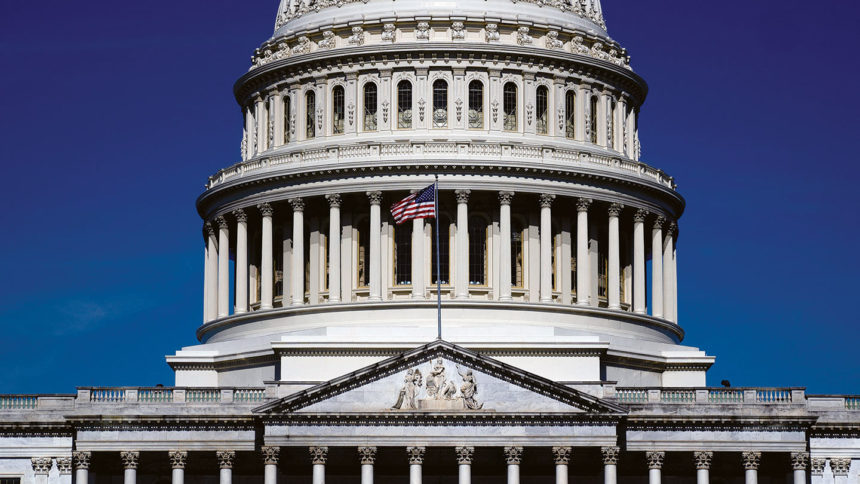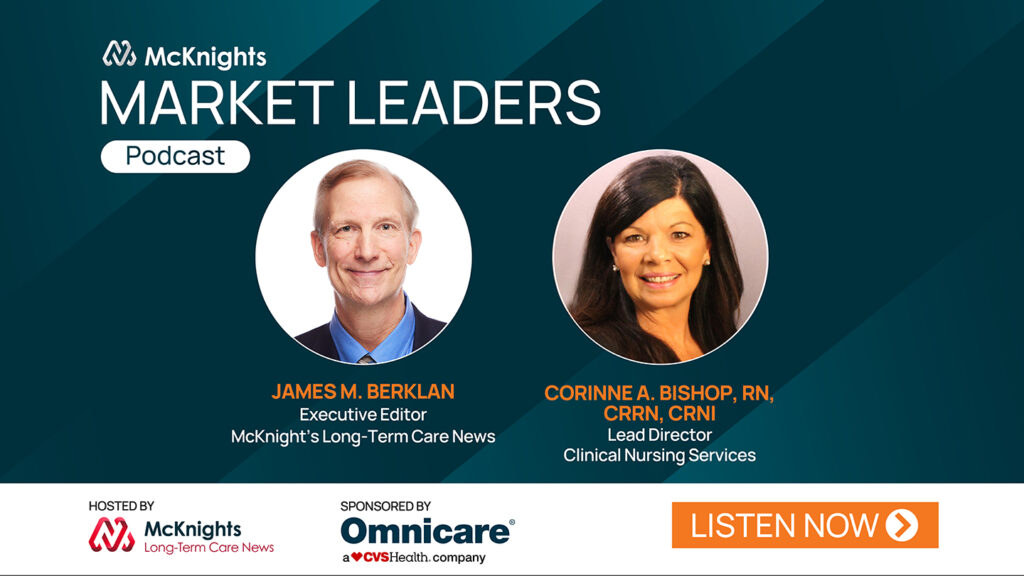
Months after its first attack, a key House COVID subcommittee on Friday targeted five of the nation’s five largest for-profit nursing home companies over low staffing and wages and slow vaccine booster uptake.
The government must improve several outbreak strategies that could improve how well nursing homes can respond, including: boosting the stockpile of PPE, investing in core public healthcare infrastructure, investing in the public health workforce, and examining opportunities to protect healthcare workers from, the Select Subcommittee on the Coronavirus Crisis committee said in its final report on the coronavirus crisis.
The report made no nursing home-specific recommendations but did release updated data from five major nursing home corporations to highlight staffing and wage struggles in the sector.
In June 2020, the subcommittee launched an investigation into the pandemic’s effects on nursing home residents and staff by collecting data from Consulate Health Care, Ensign Group, Genesis Healthcare, Inc., Life Care Centers of America, and SavaSeniorCare. It used data from samples of 15 facilities for each company.
The subcommittee found staffing levels and wages insufficient at the facilities studied.
From Jan. 2020 through June 2022, the average weekday RN staffing ratios for sample facilities operated by four of the companies for which data was available was 0.66 of an hour, falling short of the recommended minimum of .75 of an hour by approximately five minutes per resident, per day, according to the report. Ensign’s’ data was not included because it combined staffing ratios for RNs with ratios for licensed practical nurses.
“Weekend RN shortages were even more severe,” said the report. “The average of all 30 months’ weekend staffing ratios across four companies with data was at 0.34 — a shortage of nearly 25 minutes per day. The average of the 30 months’ weekend staffing ratios fell below the standard at 56 of the 60 facilities reviewed, and each company’s 30-month average weekend staffing ratios across its 15 surveyed facilities failed to meet the standard.”
More than 400,000 workers have left the nursing home industry since January 2020, citing poor pay and benefits, stress and exhaustion, dangerous working conditions, and limited, advancement opportunities––contributing to worker shortages that have impacted resident care, said the report. It showed that CNAs in particular made low wages, revealing that all five companies had facilities that paid CNAs less than $13.00 per hour in 2020.
“All of the companies paid CNAs—who are on the front lines of resident care, often serving as the backbone of many nursing home facilities — less than $20 an hour, on average, with the exception of Genesis during the first six months of 2022,” said the report.
Ongoing vaccination concerns
Vaccination rates for staff and residents in the five companies’ facilities were strong for the initial rounds but weak for the two rounds of boosters, the report said.
“The vaccination and booster trends among the five companies investigated by the Select Subcommittee are largely consistent with industry-wide vaccination data,” said the report. “According to CMS data, as of November 2022, approximately 87% of residents and 87% of staff in long-term care facilities had received full primary series of the coronavirus vaccine, while approximately 41% of residents and 25% of staff were reported as being up to date on coronavirus boosters.”
McKnight’s Long-Term Care News attempted to contact the public relations, media relations, and investor relations teams of all five by phone and email Friday without responses. They did push back on the subcommittee’s initial release of the investigation’s findings in September.
“While we appreciate the goal of the subcommittee in their examination of the COVID-19 experience specific to the skilled nursing industry, we are certainly disappointed in what we believe to be an incomplete presentation of the information produced to them from our organization,” Ensign CEO and Director Barry Port said in an email to McKnight’s in September.
The report said the anticipated federal staffing mandate will be an important step in solving the issues. Many nursing home advocates disagree, saying a mandate will not create new people who suddenly want to fill long-vacant jobs.
They say the sector needs more money from government to train and recruit and retain workers, and to pay for services rendered to patients.
The American Health Care Association said it needed more time to review the 200-plus-page report Friday.
In September, AHCA president and CEO Mark Parkinson said:
“No matter the business structure, nearly every nursing home in the country struggled with acquiring personal protective equipment due to supply chain disruptions, testing due to limited supply, and additional staff support due to most government support being directed toward hospitals.”



